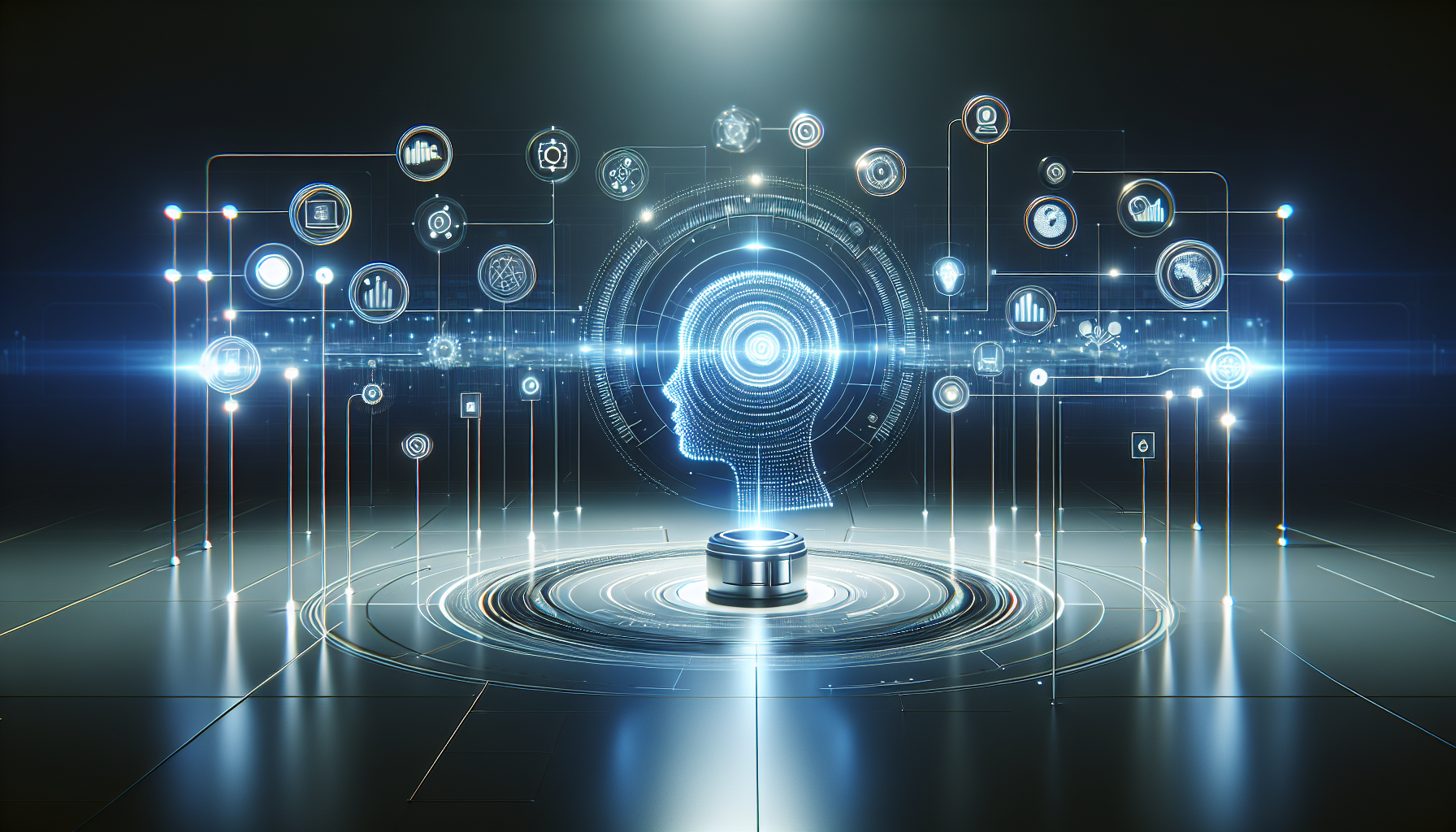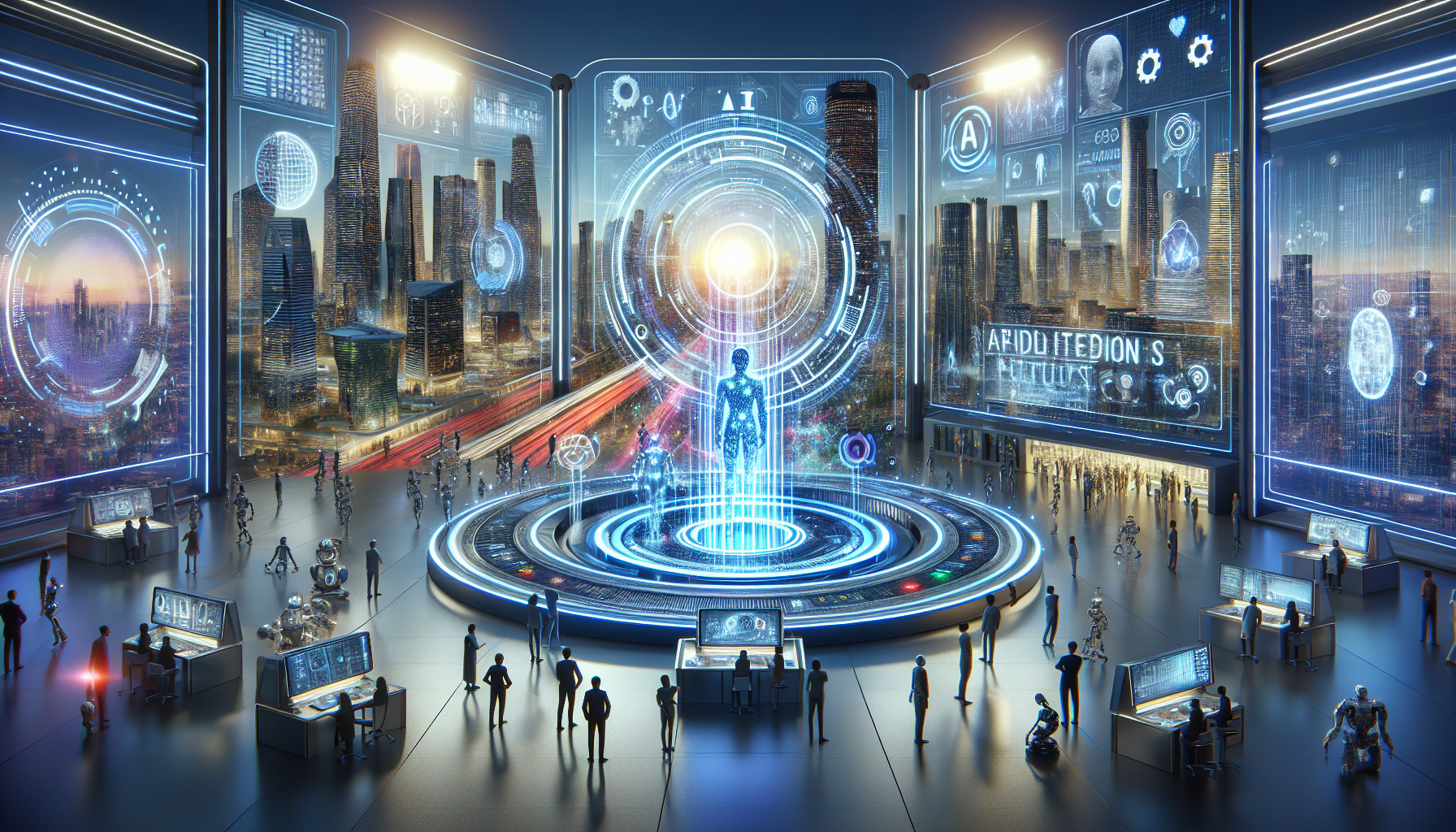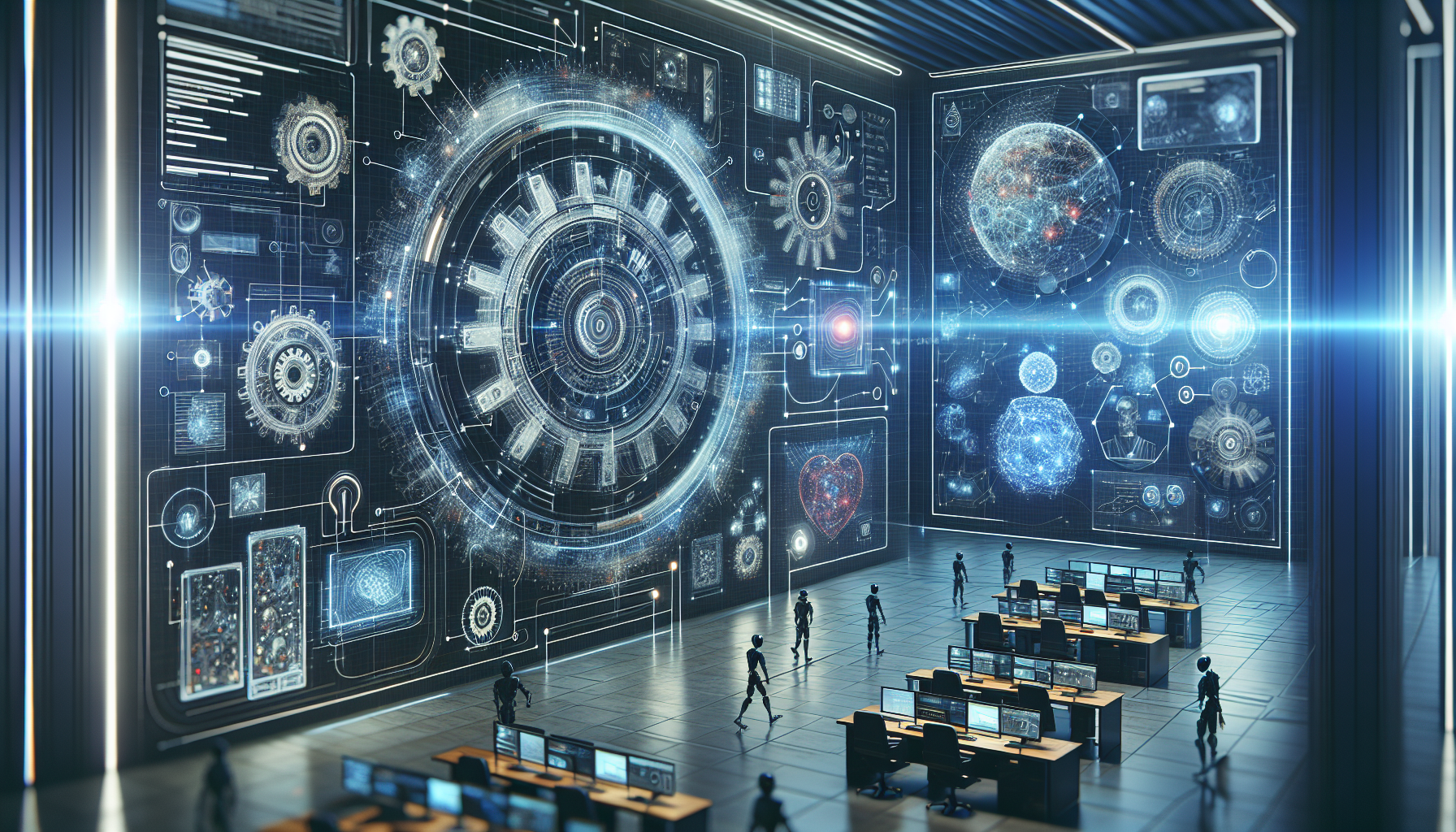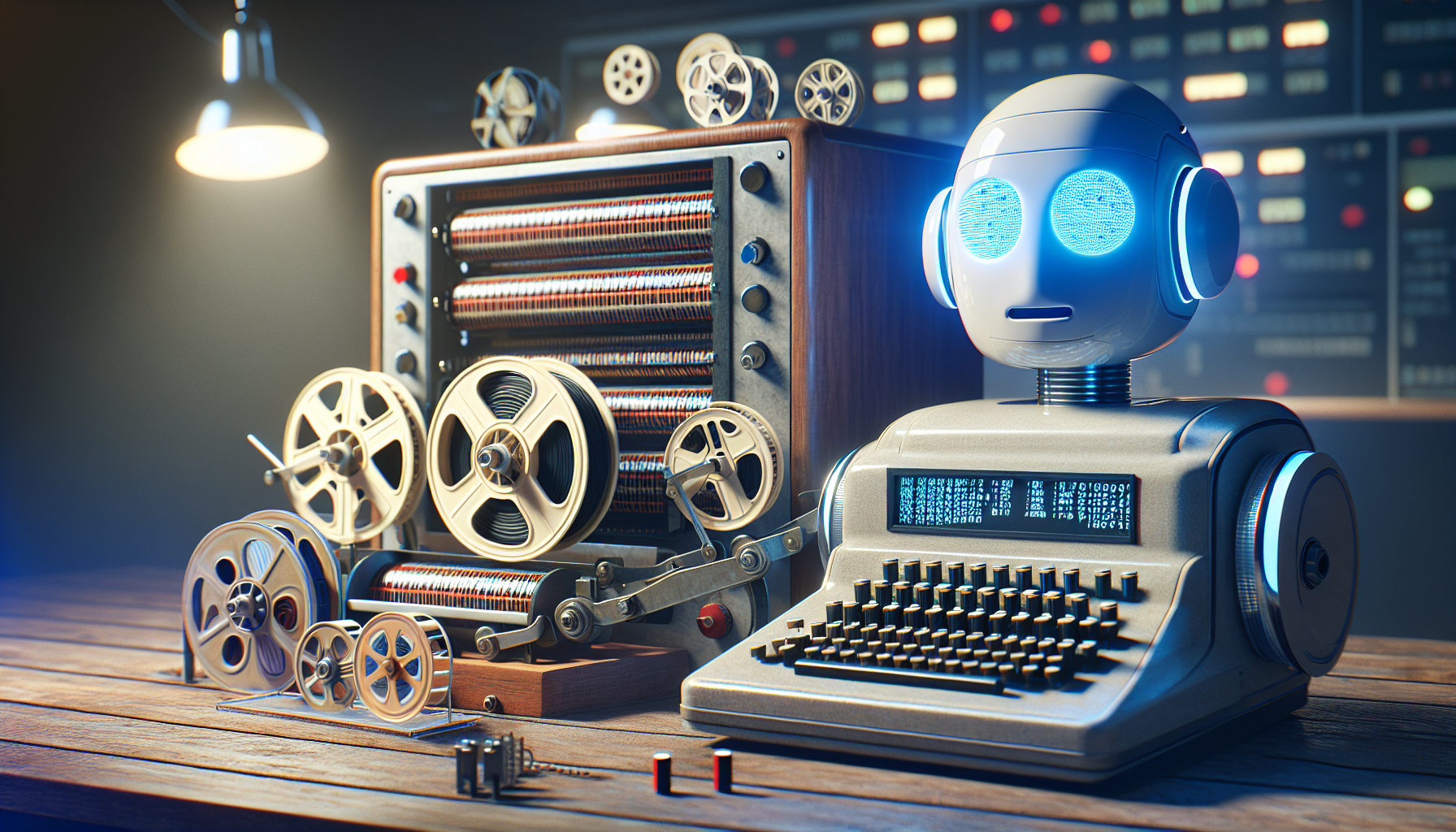
AI and the Future of Work: Navigating Automation and Job Market Transformations
September 15, 2025
Artificial Intelligence is redefining the contours of the job market, prompting profound discussions about the future of work. This technological evolution challenges conventional employment paradigms, bringing both opportunities and uncertainties. To navigate this landscape effectively, it's crucial to understand the multifaceted impact of AI on job automation and market dynamics.
AI's role in automating tasks that were once the sole purview of humans is expanding rapidly. From manufacturing to customer service, AI systems are increasingly capable of performing tasks more efficiently, accurately, and at lower costs. This has led to a shift in the types of jobs available, with repetitive and rule-based tasks being the first to undergo automation. However, the narrative that AI will lead to widespread job displacement is nuanced. While some jobs are becoming obsolete, AI is also creating new opportunities that require a different set of skills.
The key to thriving in this new environment is adaptation. Workers need to focus on skills that are complementary to AI technologies. Critical thinking, creativity, and emotional intelligence are areas where humans still outperform machines. These skills are essential in roles that require complex problem-solving, decision-making, and human interaction. Additionally, technical skills related to AI, such as machine learning and data analysis, are in high demand. By acquiring these skills, workers can transition into roles that involve overseeing, managing, or collaborating with AI systems.
Companies, too, play a vital role in this transformation. Organizations should invest in retraining and upskilling their workforce to ensure that employees can transition into new roles created by AI technologies. This involves developing comprehensive training programs that focus on both technical and soft skills. Furthermore, companies should foster a culture of continuous learning, encouraging employees to stay updated with technological advancements and industry trends.
From a strategic perspective, businesses must evaluate which tasks can be effectively automated and which require a human touch. This involves a careful analysis of workflows to identify areas where AI can enhance productivity and reduce costs without compromising quality. It’s also crucial for companies to consider the ethical implications of AI deployment, ensuring that automation does not exacerbate inequality or undermine workers' rights.
On a broader scale, policymakers have a significant role in shaping the future of work in the age of AI. They need to develop policies that support workforce transitions, such as providing access to affordable training and education programs. Social safety nets should be strengthened to support workers during periods of transition and uncertainty. Additionally, policies should encourage innovation while ensuring that AI technologies are deployed responsibly and ethically.
The education system must also evolve to prepare future generations for a changing job market. Emphasis should be placed on STEM (Science, Technology, Engineering, and Mathematics) education, along with skills in critical thinking and problem-solving. Educational institutions should collaborate with industries to ensure that curricula are aligned with market needs. This will help students acquire relevant skills and knowledge that can be directly applied in the workforce.
AI's impact on the job market is not just a challenge but an opportunity to rethink how work is structured and valued. By leveraging AI technologies effectively, it is possible to create a more efficient, innovative, and inclusive job market. This requires a collaborative effort from individuals, businesses, and governments to ensure that the benefits of AI are distributed equitably across society.
As we delve deeper into the AI era, a pivotal question emerges: How can we harness the power of AI to enrich human work rather than replace it? Exploring this question may lead us to innovative solutions that balance technological advancement with human welfare, ultimately redefining what it means to work in an AI-driven world.


